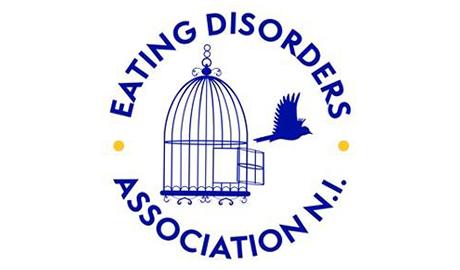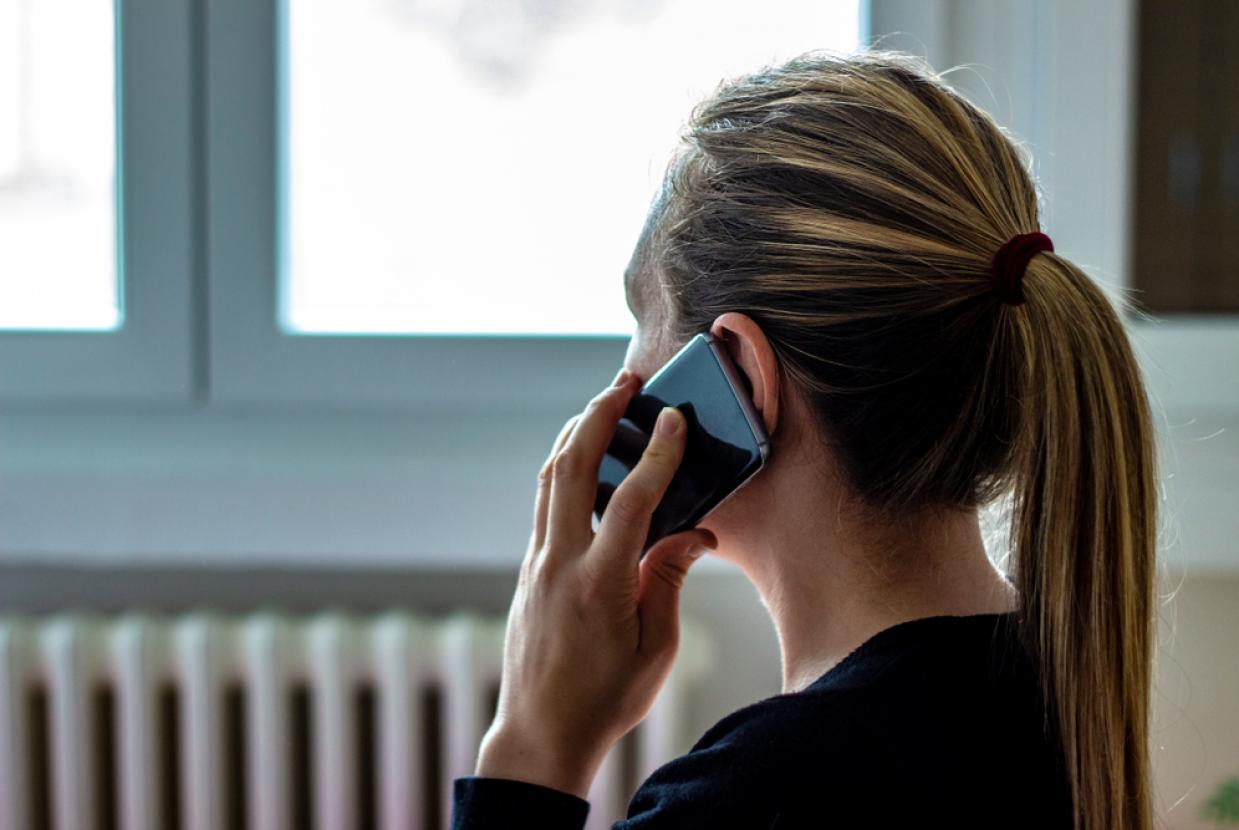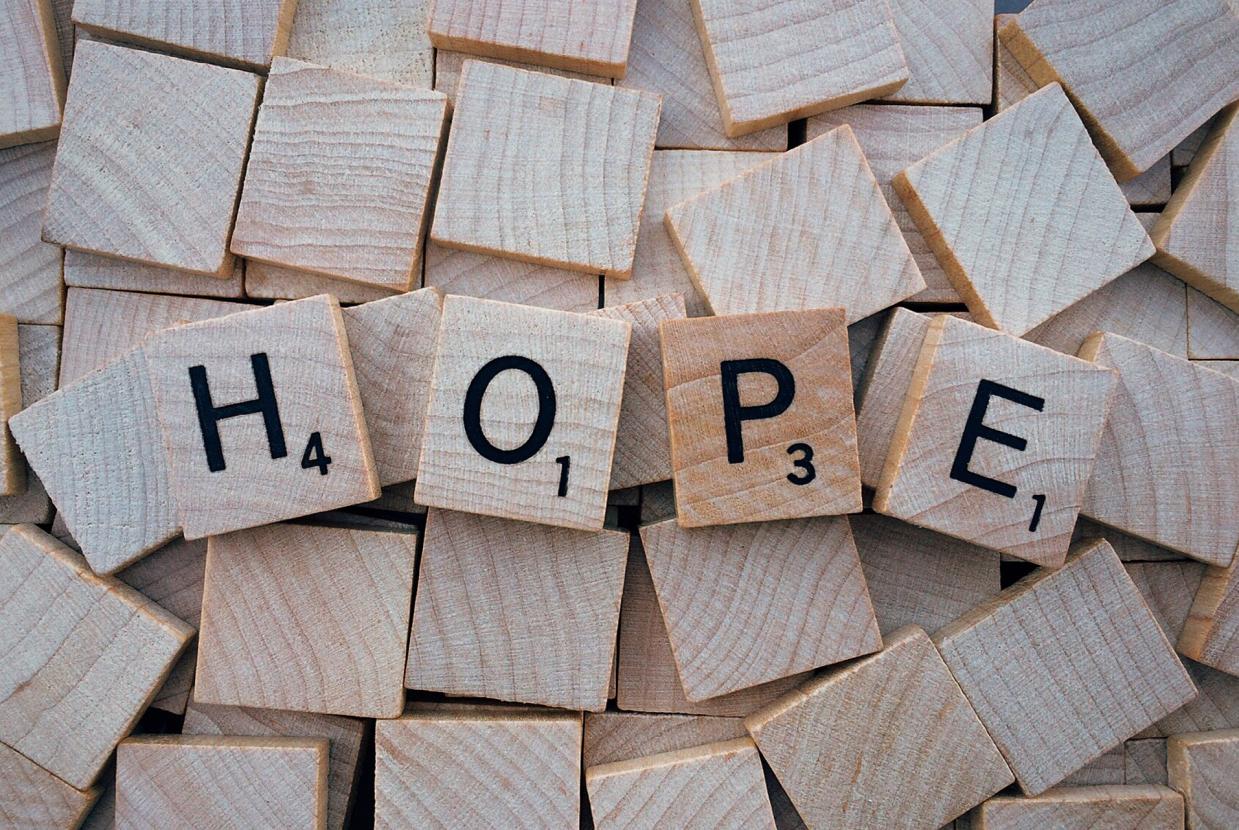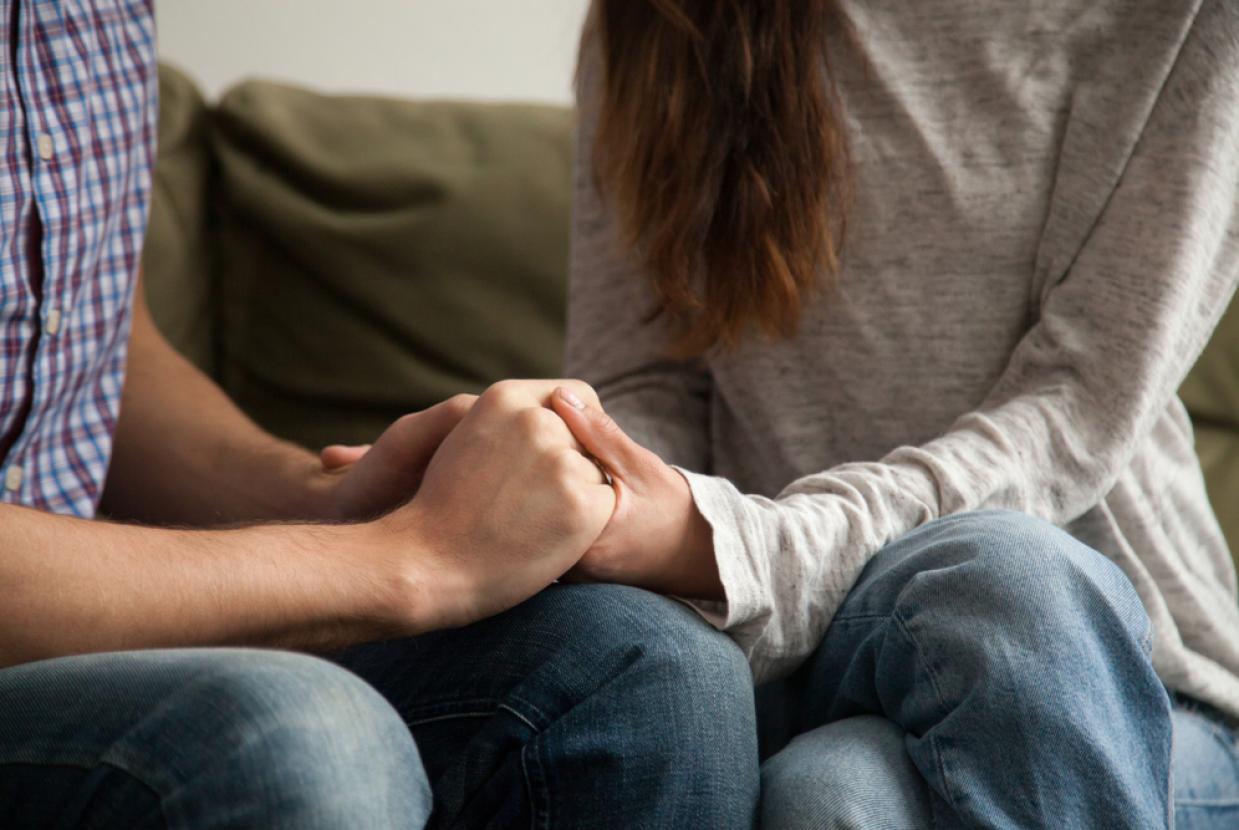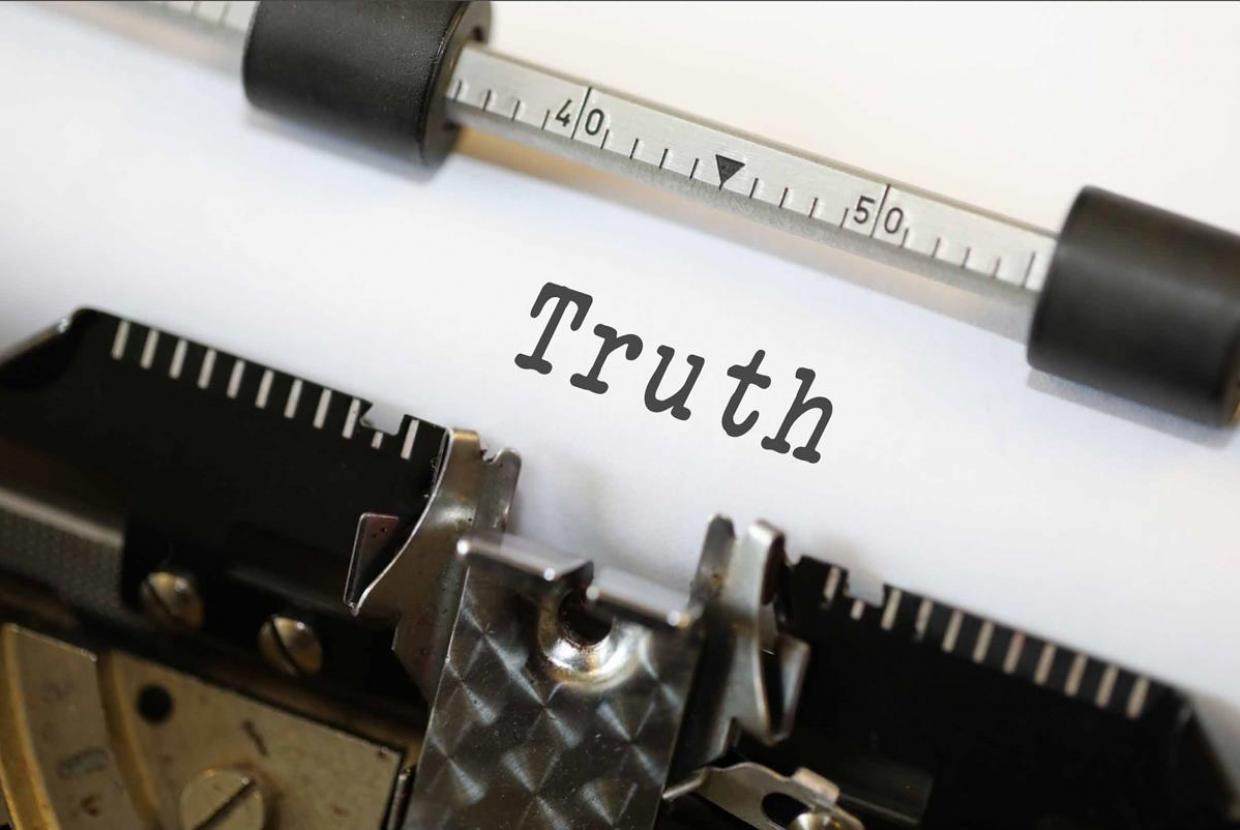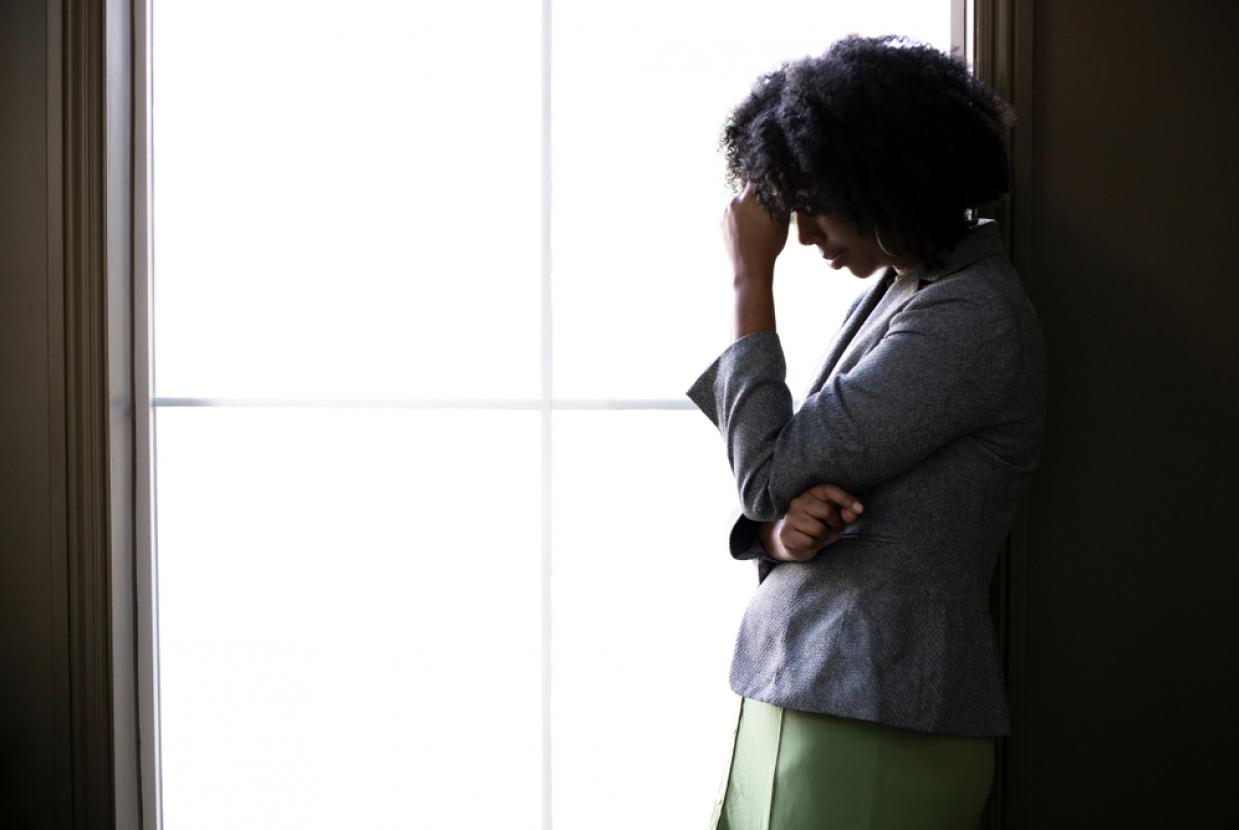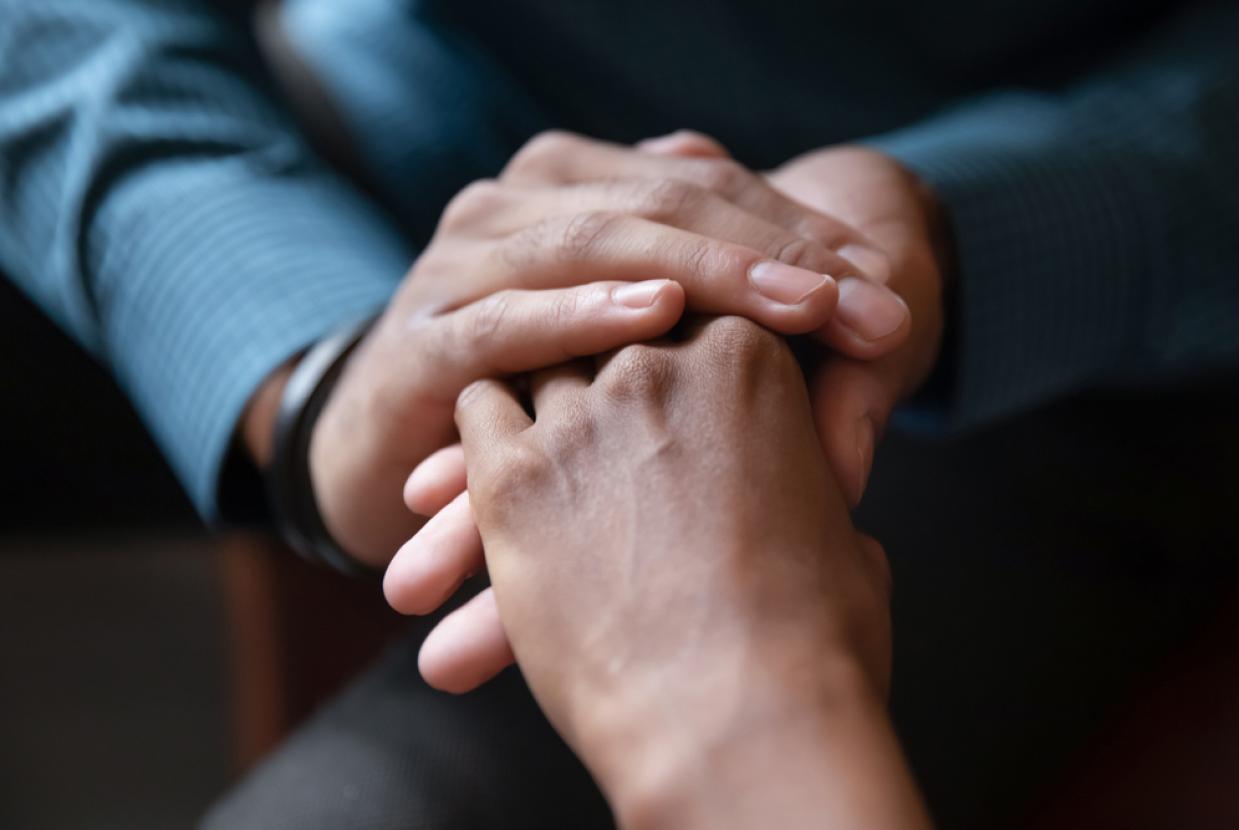Bulimia Nervosa
Bulimia nervosa is a serious psychological illness which is characterised by the person feeling trapped in a cycle of dieting, bingeing (eating large quantities of food) and then engaging in compensatory behaviours known as purging.
Purging may include, self-induced vomiting, laxative abuse and/or diuretic abuse. Bulimia can affect anyone regardless of their age, gender and background. Episodes of bingeing are extremely distressing for the person as they can feel very out of control. People affected by bulimia often describe how they feel very disconnected during a binge episode which creates even more distress afterwards. The person is left with distressing feelings of shame, guilt, embarrassment and a sense of failure following a binge. Indeed these feelings can then be compounded when attempts to break the cycle are unsuccessful. Recovery is difficult however and it does take time. Recovery is most definitely not a linear process and there can be many bumps, twists and turns on the way.
Similar to the other eating disorders, bulimia impacts upon all aspects of the person’s life and is an extremely distressing and isolating illness. Due to the secrecy associated with eating disorders in general and the fact that many people with bulimia may maintain a normal body weight, detecting the illness can be very difficult leading to the illness going untreated for a long period of time.
Bulimia however, like the other eating disorders, is not primarily about food, weight and shape. Beneath the surface and the outward manifestation of the illness, is a person who is greatly struggling with their world. Bulimia is fundamentally a coping mechanism for dealing with emotions and feelings. It is the way in which the person has developed to deal with their world. It is important to remember that no-one chooses to develop an eating disorder rather it is a complex psychological illness that develops for a range of various reasons.
Signs and symptoms of bulimia may vary from person to person, below are some of the common signs
Behavioural Signs of Bulimia Nervosa
- Eating large amounts of food – bingeing
- Self-induced vomiting after eating
- Laxative abuse
- Over exercise
- Body checking
- Weighing themselves frequently
- Hoarding food
- Secrecy and denial of behaviours around food
- Mood swings and irritability
- Social isolation
- Misuse of alcohol
Psychological signs Of Bulimia Nervosa
- Obsessive thinking and preoccupation about their weight, shape and size
- Anxiety around meal times
- Intense fear of gaining weight
- Distorted body image
- Low self-esteem
- Low-confidence
- Social isolation
- Feelings of guilt and shame
- Other mental illnesses such as depression and anxiety
Physical Signs of Bulimia Nervosa
- Tiredness and difficulty sleeping
- Digestive problems
- Irregular periods in females
- Erosion of tooth enamel
- Enlarged salivary glands
- Electrolyte disturbance
- Frequent changes in weight
- Poor skin condition
- Calluses on the hands
Is Bulimia Nervosa serious?
Similar to all eating disorders, bulimia nervosa is a highly distressing and very serious psychological illness. Similar to all eating disorders bulimia can also have long term consequences both physically and emotionally. Frequent vomiting and misuses of laxatives especially can have severe consequences on the body. Physical consequences of bulimia may include digestive problems and dental problems, severe dehydration and kidney failure, heart failure due to electrolyte disturbance.
Getting Help and Recovery
It is important to know that recovery from all eating disorders is ALWAYS possible, whatever stage the person is at in the illness, recovery is possible. The prognosis of bulimia is greatly improved with early and immediate access to treatment. It is very important therefore, if you are concerned that you are affected by bulimia or you are worried someone you care about is affected by bulimia, that you seek help and speak to someone immediately. The first step in getting help is usually by making an appointment with your G.P. Eating Disorders Association (N.I.) offer a range of services that may help you and your loved ones journey to recovery and can help guide you through the professional services that are available.
Do you need support? Contact Eating Disorders NI on 028 90235959. Or alternatively you can reach them by email.
Please register with Eating Disorders NI online support group service to avail of the monthly support group service.



